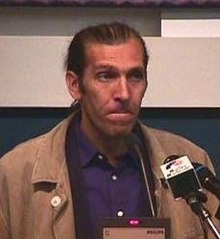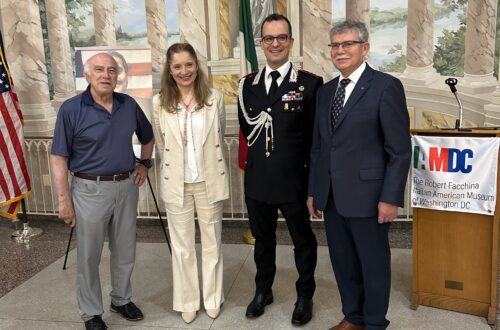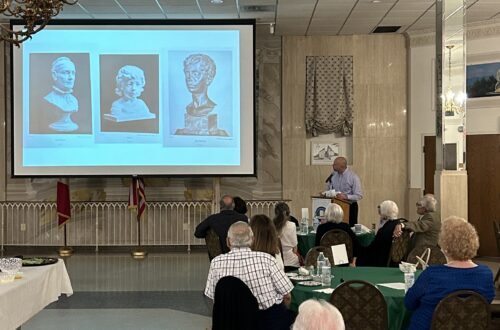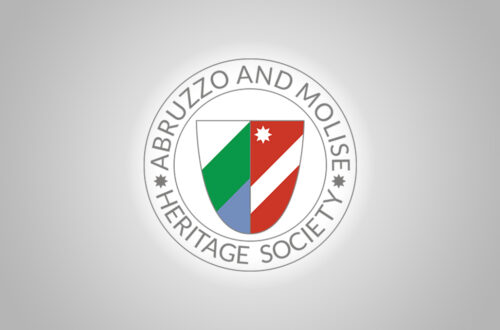
Courageous Journalist Antonio Russo Gave His Life in Search of Truth
By Joseph “Sonny” Scafetta, Jr.

Credit: Wikipedia
On June 3, 1960, an unknown mother left a newborn baby boy on the door steps of the only orphanage in the town of Francavilla al Mare (population 25,622 in the 2022 Census) in the province of Chieti in the region of Abruzzo. When the boy was six years old, he was adopted by a single woman named Beatrice Russo who named him Antonio. After graduating from the local high school, he went to Pisa to study veterinary medicine. He became a faculty member, but left in 1986 at the age of 26 to study philosophy at the Sapienza University in Rome. There he co-founded the magazine Philosophema, which launched his career as a journalist.
After earning his degree in philosophy in 1990 at the age of 30, Russo went to work as a reporter for Radical Radio. During the next nine years, he initially reported from Siberia in the Soviet Union, from Algeria during its bloody repression of dissent, and from Rwanda during the Hutu-Tutsi War. He was then assigned to cover the Second Congo War, Russian agitation in the eastern part of Ukraine, and political unrest in Colombia.
In early 1999, Russo was elected vice president of the Freelance International Press. Shortly thereafter, he was given the 20th International Journalism Prize by the island of Ischia off the coast of Naples. On May 28 of that year, he won the seventh “Clean Pens” Journalist Award given by the municipality of Sarteano in the province of Siena in the region of Tuscany. Also, on October 10 of the same year, he was bestowed with the third Ethics of Objectivity Prize by Mantua which is the capital of the province of the same name in the region of Lombardy.
In the year 2000, Russo was sent by Radical Radio to cover the Second Chechnya War in Russia. However, he was denied entry by the Russians, so he went to Tbilisi, the capital of neighboring Georgia, to interview refugees who had escaped from Chechnya and who claimed to have been victims of war crimes. He sent films and reports of his interviews to Radical Radio.
On the evening of October 15, he telephoned his adoptive mother and informed her that he had obtained a videotape documenting war crimes in Chechnya and that he planned to leave for Rome the next day. However, the next morning, his bruised and battered body was found on the edge of a country road which leads from the Vaziani Military Base where Russian forces were stationed. A search of his apartment by Georgian investigators revealed that it had been looted. His laptop computer, mobile telephone, video camera, and video tapes were missing. They believed but could not prove that agents of the Russian Federal Security Service murdered him. Antonio Russo was 40 years old. He never married.
In 2003, L’inquilino di via Nikoladze (The tenant on Nicholas Way) was released. It won the UNESCO Prize. In 2004, “Chechnya” was released about the time spent by Russo there. In May 2009, Daniel Biacchessi published his book entitled “Passionate Reporter” about Russo.
Sources: (all accessed April 23, 2024)
- en.wikipedia.org/wiki/Antonio_Russo
- en.wikipedia.org/wiki/Francavilla_al_Mare
- en.wikipedia.org/wiki/Sarteano
- en.wikipedia.org/wiki/Mantua
June 2024





